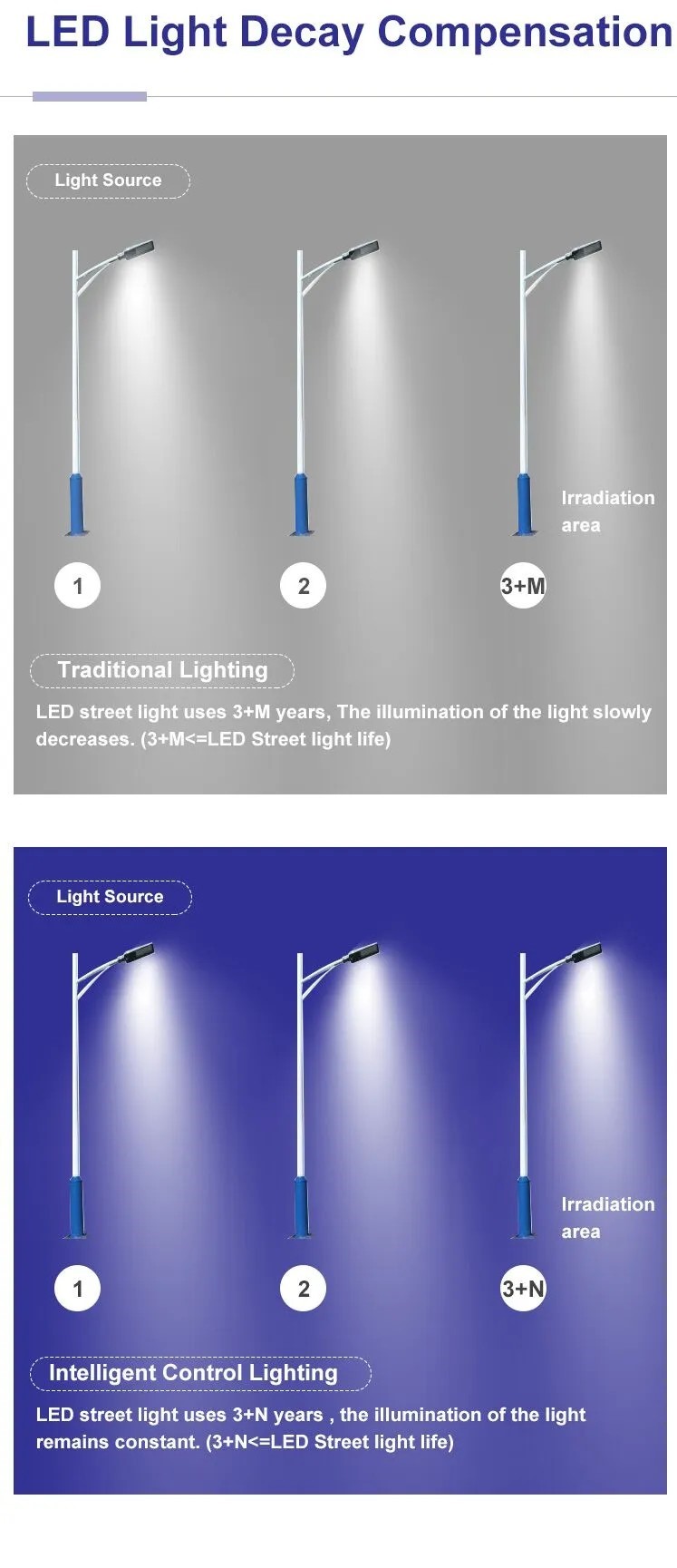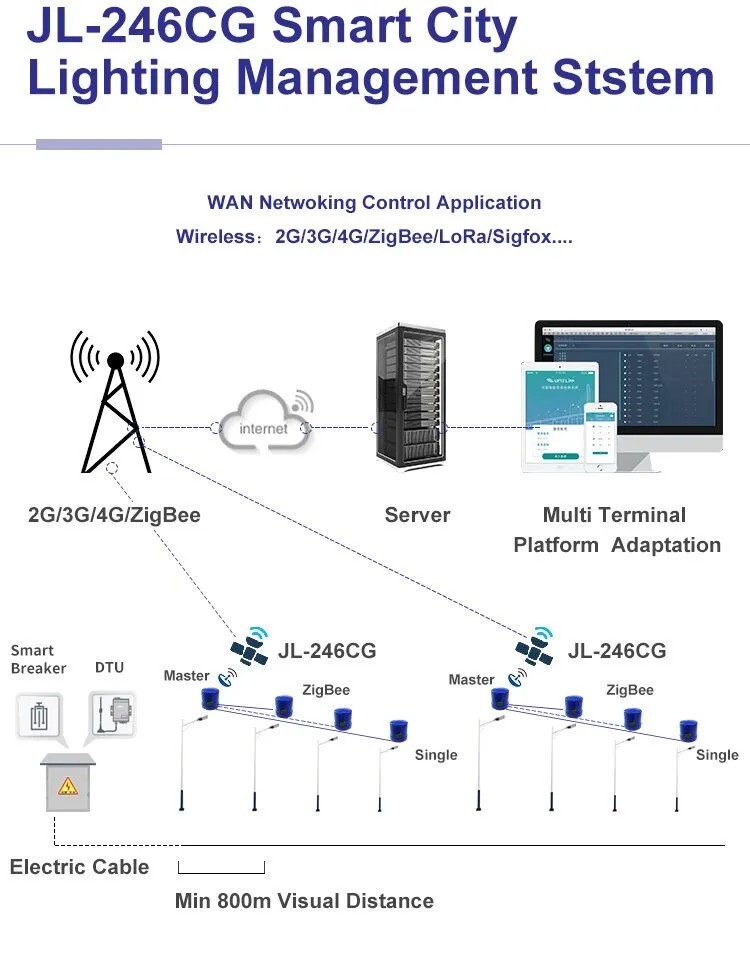Smart Lighting: A Revolution in Efficient and Sustainable Illumination
The advancement of smart lighting systems marks a significant leap from traditional illumination, offering a sophisticated approach to brightening spaces with a focus on efficiency and sustainability.
These innovative systems move beyond the simple functionality of light switches and profoundly reshape our understanding and use of energy.
At the heart of these systems are smart sensors that adjust lighting in response to natural light conditions.
By interconnecting outdoor areas, they enhance safety and vibrancy while also ensuring sustainable practices.
The intelligent control over when and how much light is needed, based on motion detection and environmental changes, leads to substantial energy savings.
One of the key advantages of smart lighting is its ability to detect movement and ambient light, thus optimizing energy consumption by only illuminating when necessary.
Customizable schedules can be set by users to program their lighting needs, conserving energy especially during daylight hours.
The addition of remote control capabilities further adds to the efficiency, allowing users to manage their lights from distances, contributing to additional cost savings.
By leveraging energy-efficient LED technology, smart lighting significantly reduces energy consumption, lowering both maintenance and operational costs over time. While the initial investment may be higher, it is offset by considerable long-term savings, aligning with the goals of sustainability.
The benefits of intelligent lighting extend to adaptive illumination, which dims or brightens as per the specific requirements, ensuring judicious use of energy. Remote management features enable centralized control over expansive areas, streamlining operations and reducing carbon emissions.
Additionally, the durability and extended lifespan of these systems result in fewer replacements, reduced waste, and improved resource management.
Data insights derived from smart lighting play a crucial role in precise resource allocation, minimizing wastage.
Moreover, the integration of these systems with renewable energy sources like solar or wind power further promotes eco-friendly practices.
Intelligent lighting redefines outdoor illumination, offering a comprehensive approach to energy efficiency.
With adaptive controls and LED technology at its core, it paves the way for a sustainable future in outdoor lighting, significantly reducing energy use and environmental impact.
In summary, smart lighting systems offer a centralized control center that optimizes outdoor lighting based on various factors, including adaptive brightness and occupancy sensing.
Cost savings are achieved through energy efficiency, as these systems adjust brightness levels based on occupancy, natural light availability, and time of day.
LED technology not only enhances efficiency but also extends the lifespan of the lighting fixtures, reducing maintenance costs.
Smart lighting systems provide detailed analytics on energy consumption, enabling further optimization and cost savings.
Integrating IoT in outdoor lighting introduces smart sensors, transforming lights into perceptive entities that observe their surroundings. This data-driven approach allows for precision adjustments based on real-time data, optimizing energy use.
Chiswear stands at the forefront of this revolution, offering cutting-edge IoT-integrated lighting solutions. With a commitment to efficiency and sustainability, smart lighting represents a practical and significant step towards a brighter and greener future.

